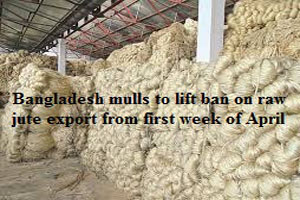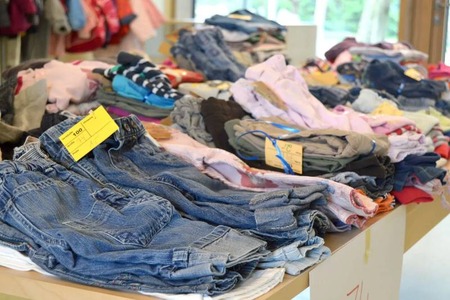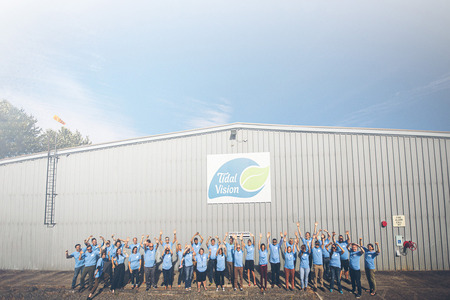
Govt mulls to lift ban on raw jute export from first week of April
YarnsandFibers News Bureau 2016-03-26 11:00:00 – DhakaBangladesh government is actively considering lifting its ban on raw jute export due to adequate supply of the fibre in domestic market. Hopefully, the restriction will go from the first week of April, said Joint secretary of the Ministry of Textiles and Jute (MoTJ) Nasima Begum.
However, private jute millers expressed their concern over the fresh move of the government to withdraw the export ban as they will face difficulties to meet the local demand. They said that the raw jute prices will go up if ban is withdrawn.
The government has been prompted to lift the raw jute export ban as better supply position of raw jute in the local market, coupled with the expected arrival of new crop in the months ahead. The authority imposed the ban on November 3 last for one month to ensure supply of jute-made bags locally.
Under the Mandatory Jute Packaging Law 2010 (MJPL), selective crops and products like rice, wheat, sugar, maize will have to be packaged by jute bags. Since then, key raw jute importing countries including India and Nepal repeatedly requested Bangladesh to lift the ban.
Following their requests, the ministry also had later eased the export ban for some categories of raw jute. Through market assessment, they have found that local supply will not be affected if they allow export of the cash crop abroad, the jute ministry joint secretary said.
According to Abdul Barik Khan, secretary of the Bangladesh Jute Mills Association (BJMA), the government's move will affect the jute sector as millers need a large volume of raw materials to meet local demand to comply with the mandatory packaging law. Moreover, the price of raw jute has been increasing by Tk 50-100 each day. After lifting of the restriction, the price will go up further.
According to miller, because of execution of mandatory packaging law, local demand for raw jute has increased to 6.0 million bales from 4.5 million bales. Before the ban, the country exported 2.1 million bales of raw jute out of its total production of 7.0 million bales, the millers pointed out. A total of 145 private and 26 public mills are supplying jute goods to local and overseas markets.
The association still is unable to procure its targeted volume of raw jute as it has planned to buy 1.4 million bales in the fiscal year 2015-16.
Market Intelligence
Ask for free sample Report

experience
Customer Base
dedicated team
Countries Served Worldwide









